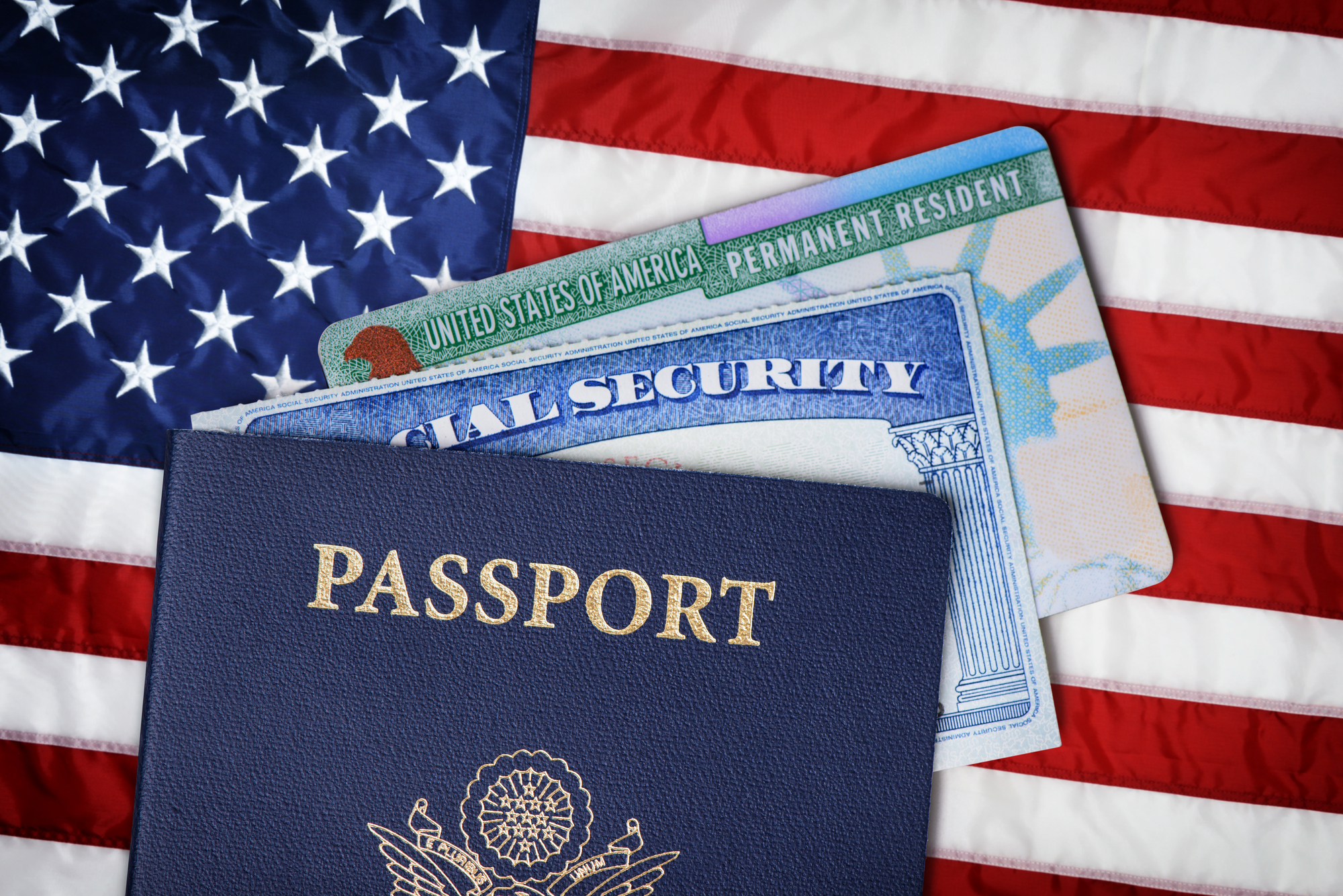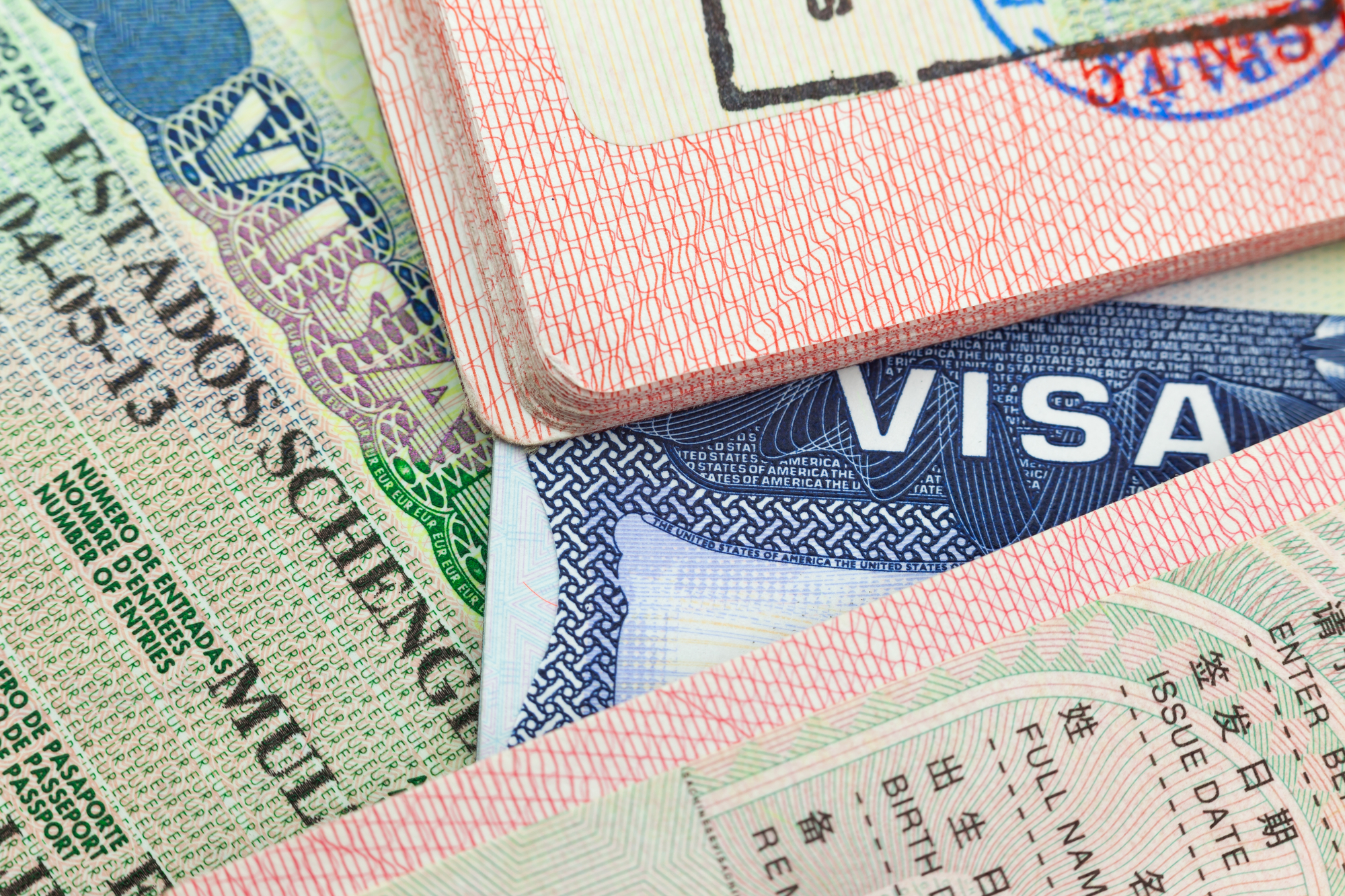On February 1st, 2017, Donald Trump introduced legislation regarding H1-B visas to the House of Representatives. In short, the purpose of the legislation is to place restrictions upon this particular type of visa as well as the factors that are behind their issuance. One of the major changes made to the visa is the minimum wage that its holders are required to make. Under the new changes, a holder would need to make at least $130,000 per year in order to qualify for the visa. This is more than double the current minimum wage, which is $60,000.
You might be wondering why there is so much fuss about this particular bit of legislation, especially if you are not directly affected by its changes. I would caution you to take a closer look at the implications that these restrictions and their ramifications would have upon the general public of the United States before writing off these bit of news entirely.
Who Holds H1-B Visas?
H1-B visas are visas given to foreign workers so that they can work in the United States. Note that these are specifically “highly skilled” foreign nationals that must provide a great boon to the country that wishes to hire them. They are, by definition, workers that are exceptional in their respective fields – that is why they are hired. The majority of these visa holders tend to be employed in the technology industry, including companies like Infosys. These are workers that tend to keep the infrastructure of important businesses, such as those in the Fortune 500, running, as well as those that provide support for companies specializing in information technology consulting.
On a more personal level, this means that if the majority of these individuals are suddenly removed from the American workforce, users could start to see subpar service as well as more frequent errors or outages as workers struggle to adapt to their abruptly increased workload.
A Hit to the Economy
The United States may hire as many as 85,000 foreign workers a year using H1-B visas. Many of these individuals bring their families along to live with them while they are working in the States. 85,000 families make a not-insignificant impact upon the profits of various industries in the economy. Just think about the things that your family uses every day, and you will start to see what I mean. Without those families, a whole host of individuals will suddenly be missing a big part of their income. Real estate agents and landlords, for example, might find themselves missing a lot of business. The same goes for other fields like the household goods industry.
The proposed changes to the H1-B visas might seem innocuous at first. They might even seem inconsequential to the average American. In practice, however, these changes could have severe implications that, like so many other things, trickle down to impact general society. The most pressing of these is probably the dependence of large, important companies upon the work that skilled foreign nationals provide. Without that work, and without the time to properly replace the employees in question, millions of customers could find themselves receiving service below that to which they are accustomed.
Stayed tuned for more information about this situation as it develops!




